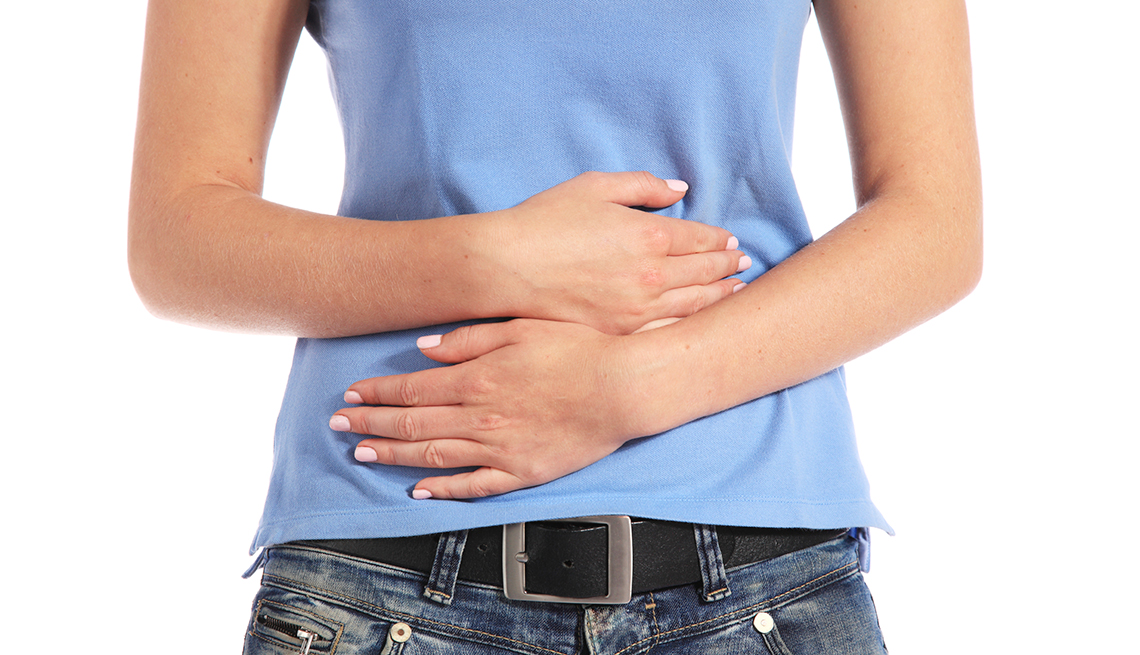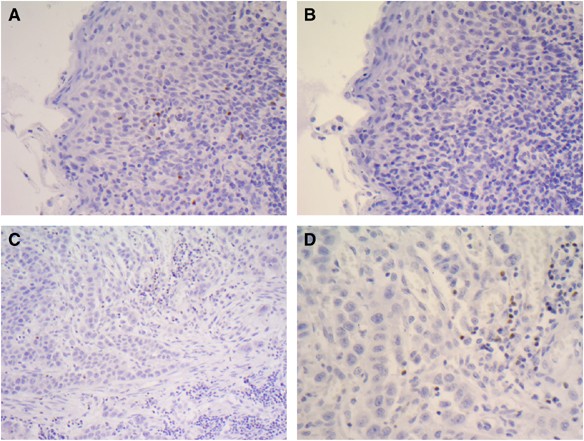
- Select a language for the TTS:
- UK English Female
- UK English Male
- US English Female
- US English Male
- Australian Female
- Australian Male
- Language selected: (auto detect) - EN
Play all audios:
2. DIVERTICULOSIS WHAT IT FEELS LIKE: If you have a mild case you may not feel anything at all. More serious cases? Fever, chills, gassiness, bloating, alternating bouts of constipation and
diarrhea, intense abdominal pain in the lower left abdomen. WHAT CAUSES IT: The walls of the colon may weaken and buckle, forming pockets or bulges called diverticula. Trouble sets in if
they become inflamed or infected or burst, releasing fecal bacteria into the abdomen. THE FIX: No symptoms? No problem. If an infection sets in, antibiotics, a liquid diet and rest may knock
it out; a high-fiber diet may help keep it at bay, although recent studies suggest otherwise. More severe cases, including abscesses, bleeding and perforations of the intestinal wall, can
cause severe pain and may require surgery. In the past, doctors told patients to avoid corn, popcorn and nuts, but new studies report that eating those foods doesn't cause or aggravate
the condition. 3. INDIGESTION PROBIOTICS The "good" bacteria naturally found in your gut are having a moment. For the most part, they're safe, and studies of two popular
strains — lactobacillus and bifidobacteria — show they may ease GI grumbles. Get your probiotics from yogurt, cheese or fermented foods such as pickles and sauerkraut. WHAT IT FEELS LIKE:
Gnawing pain or dull ache in your upper abdomen. It may develop gradually or come on suddenly. You feel like throwing up, or may have already. You deeply regret eating that pepperoni pizza
late last night. WHAT CAUSES IT? Indigestion, called gastritis or dyspepsia by doctors, is an inflammation of the stomach lining. Acute gastritis can be triggered by medications, especially
aspirin or other pain relievers, as well as alcohol and food. Chronic gastritis may be caused by Helicobacter pylori (H. pylori), a bacterium that causes ulcers; if not treated early, it can
lead to peptic ulcer disease and cancer. THE FIX: Depends on what's causing the inflammation. If you've been taking aspirin or other nonsteroidal anti-inflammatory drugs (NSAIDs),
switch to another pain reliever. If you have an ulcer, a combo of antibiotics and antacids can help. Too many late nights or too much stress? Antacids, histamine-2 blockers and PPIs can
curb stomach acid. Cut back on alcohol and fatty foods. Eat smaller meals, and eat them slowly. Try taking a short walk after meals. If you're a smoker, stop. If the pain is still there
after a few days, or if you develop shortness of breath and worsening pain that shoots down your arm, see a doctor immediately. 4. CONSTIPATION WHAT IT FEELS LIKE: For no obvious reason,
there's been a change in your normal bowel pattern: You're going less frequently; you're straining; stools are hard and dry. WHAT CAUSES IT: It could be your diet — too much
fat, too little fiber and fluids. It could be medications or supplements. Or perhaps your body rhythms are out of whack because you've been traveling or been sick. Less likely:
underlying health issues such as irritable bowel syndrome (IBS), diabetes, colon cancer. THE FIX: Gradually increase fluids and high-fiber foods, such as whole-grain breads and cereals,
nuts, seeds, fresh fruits and vegetables. Get moving, even if it's just to walk around the block. Stool softeners, fiber laxatives or those containing polyethylene glycol may help, but
stay away from stimulant products, such as those containing senna, which can be habit-forming and damage the nerves in your colon. If problems persist for more than a few days, or if
constipation comes on quickly and is very painful, see your doctor.
:max_bytes(150000):strip_icc():focal(319x0:321x2)/people_social_image-60e0c8af9eb14624a5b55f2c29dbe25b.png)
![[withdrawn] near miss with a track worker at llandegai tunnel](https://assets.publishing.service.gov.uk/media/6051d710d3bf7f0455a6e604/s960_Llandegai_tunnel.jpg)




